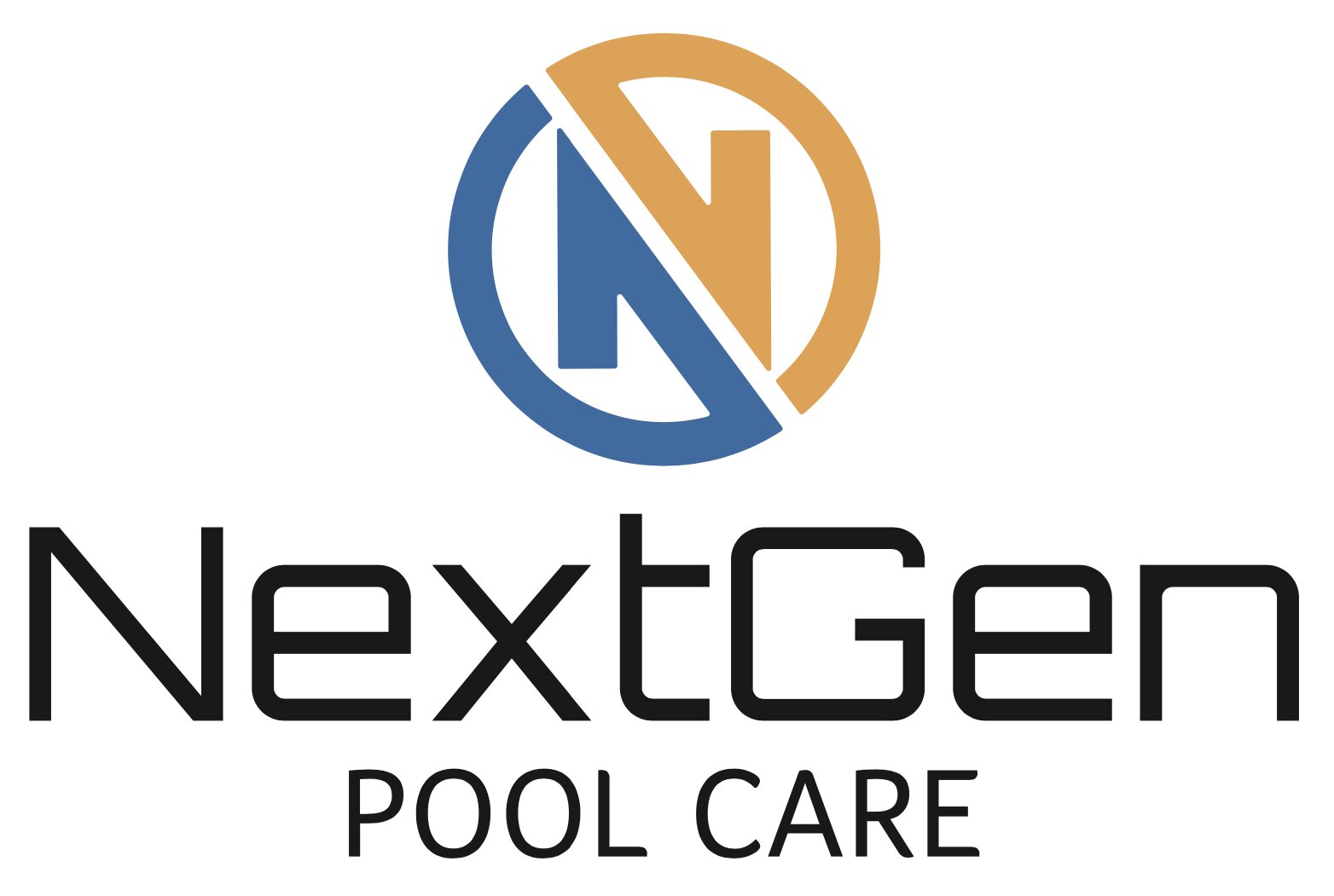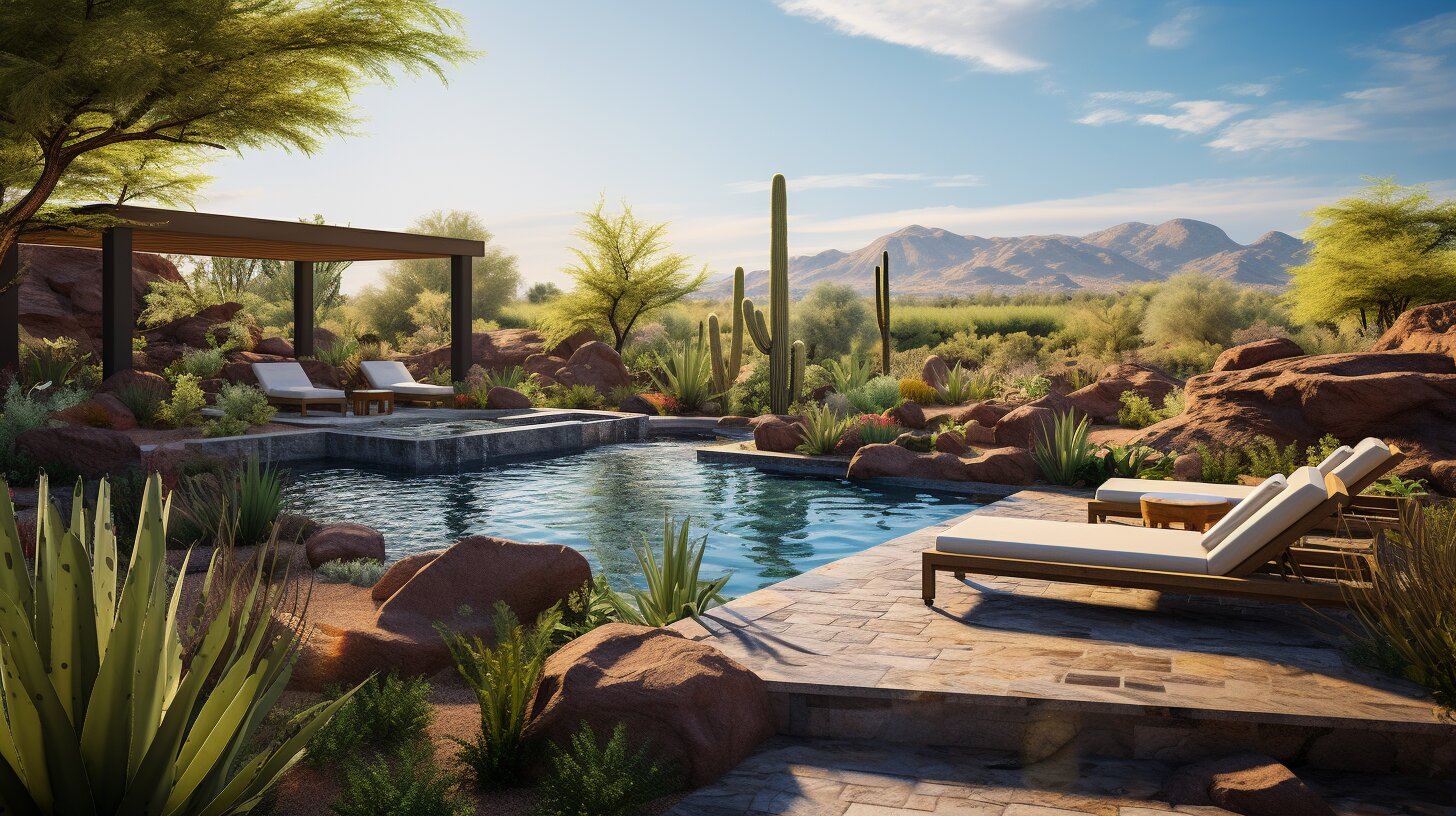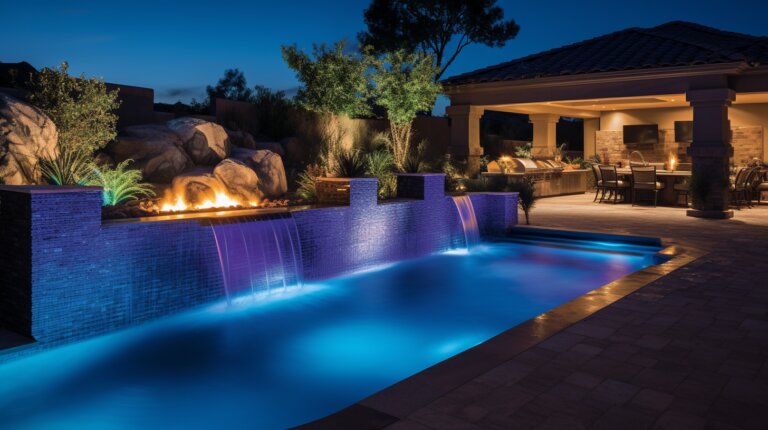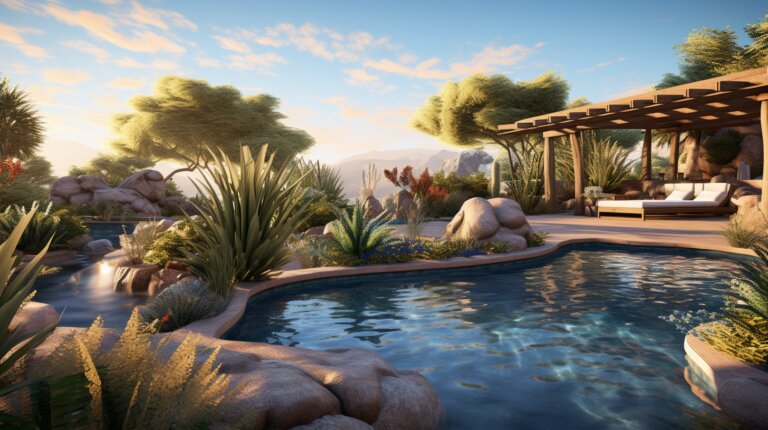As a pool owner, managing energy costs is as important as maintaining the pool itself. With environmental concerns on the rise and electricity prices climbing, it’s vital to explore ways to reduce your pool’s energy consumption. This article will guide you through energy-efficient practices that can significantly lower your pool’s energy use while maintaining its sparkling allure.
Embrace Energy-Efficient Pool Pumps
The heart of your pool’s circulation system, the pool pump, can be the biggest energy consumer if not chosen wisely. Switching to a variable-speed pump can cut energy usage by up to 90% compared to traditional single-speed pumps. These pumps adjust their speed to the pool’s needs, resulting in substantial savings.
Upgrade to LED Lighting
LED pool lights are renowned for their energy efficiency, consuming up to 75% less power than incandescent bulbs. Beyond the energy benefits, LED lights offer longer lifespans and come in various colors to enhance your pool’s ambiance for those night swims.
Smart Pool Heating Systems
Heating your pool can be costly, but it doesn’t have to be. Investing in a high-efficiency pool heater or a solar heating system can offer considerable energy savings. Solar covers serve a dual purpose by both heating the pool using the sun’s rays and preventing heat loss through evaporation.
Pool Timers and Automation
Automating your pool’s systems with timers or smart home devices ensures that equipment runs only when necessary. Timers can control pumps, heaters, and lights, ensuring they’re active during off-peak hours to benefit from lower energy rates and reduced wear on your pool equipment.
Cover Up
A simple yet effective method to reduce energy consumption is using a pool cover. Covers retain heat, minimize evaporation (a significant cause of heat loss), and reduce the need for chemicals, all of which contribute to lower energy use.
Reduce Resistance with Proper Design
Careful pool design can play a significant role in reducing energy usage. Features like oversized pipes, optimized flow rates, and efficient filter and pump placement minimize hydraulic resistance, making your pool’s circulation system work more efficiently.
Routine Maintenance
Keeping your pool’s equipment and systems well-maintained ensures efficient operation. Regular cleaning of filters, pumps, and heating systems prevents build-up that can reduce efficiency and increase energy usage.
Conclusion
Adopting energy-efficient practices for your pool doesn’t just lower costs—it also contributes to a healthier environment. By making small changes, like updating your equipment and optimizing operation times, you can enjoy your pool with peace of mind, knowing you’re making a sustainable choice.
For more advice on reducing your pool’s energy consumption and implementing green solutions, reach out to NextGen Pool Care – your partner in creating a more energy-efficient and cost-effective pool without compromising on quality or enjoyment.



